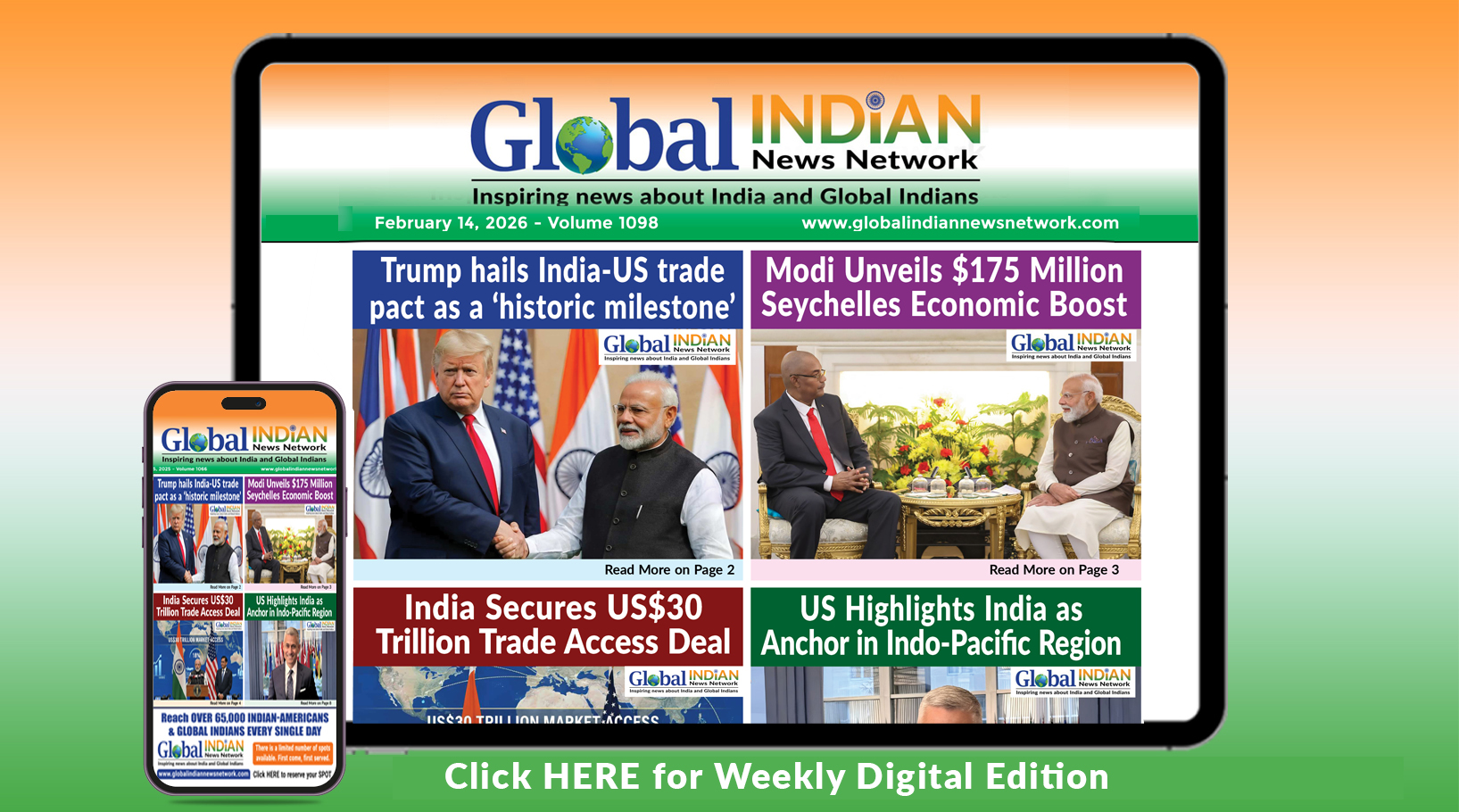
A recent global survey by the European Council on Foreign Relations (ECFR), conducted in collaboration with Oxford University’s Europe in a Changing World project, indicates that a majority of Indians view Donald Trump’s potential return to the US presidency positively. The study categorizes India as part of the “Trump Welcomers,” a group of nations that sees a second Trump presidency as beneficial for their own countries, the United States, and global peace.
In India, 85% of respondents expressed optimism about Trump’s presidency for the United States, while 84% believed it would benefit India directly. Furthermore, 82% agreed it would contribute positively to peace worldwide. These sentiments align with similar views in countries such as China, Turkey, Brazil, and Saudi Arabia, which also fall under the “Trump Welcomers” category.
Contrastingly, the study identifies “Never Trumpers,” a minority group concentrated in Europe, particularly in the UK, where half the population views his presidency negatively. These individuals predominantly represent progressive opposition to Trump and are also found in countries like Brazil, South Korea, and Turkey.
The report, titled Alone in a Trumpian World: The EU and Global Public Opinion after the US Elections, highlights that while Europe views Trump as a disruptive force, many countries perceive him as a peacemaker. Authors Mark Leonard, Ivan Krastev, and Timothy Garton Ash suggest that European leaders might struggle to unify internally or find global allies for a liberal resistance against Trump’s leadership.
Instead, they recommend that the European Union focus on bolstering its influence and forging strategic partnerships with nations like India, Brazil, and South Africa, where the EU is seen as a powerful and trustworthy ally. Mark Leonard, ECFR co-founder, urged Europe to adapt to a more transactional global landscape and prioritize its interests, rather than resisting Trump.
The survey, conducted by leading pollsters YouGov, Datapraxis, and Gallup International Association, gathered data from 11 EU member states and other global nations, including India, China, Russia, and the US. It reflects a nuanced global perspective on the potential impacts of Trump’s presidency on peace, power dynamics, and international relations.









